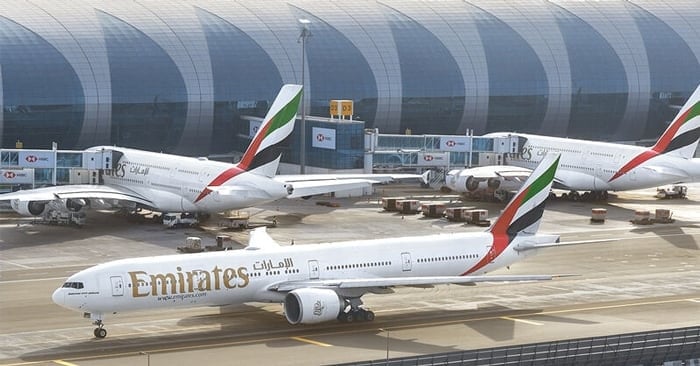
Vietnam attracts investment from international airlines
Vietnam is becoming a new growth fulcrum for international airlines, in the context of global air transport demand maintaining a strong increase. Large corporations such as Emirates, Singapore Airlines, Qatar Airways, Korean Air or Turkish Airlines... have all shown clear steps when assessing Vietnam as a potential market with a rapidly growing middle and upper class, and expanding tourism and trade needs.
In the first 6 months of the 2025 - 2026 financial year, Emirates officially added Vietnam to the list of key markets by launching flights to Da Nang, adding to the connection network from Dubai. This is one of the airline's four new routes in the reporting period, along with Siem Reap, Shenzhen and Hangzhou. With a network covering 153 airports in 81 countries, the expansion to Da Nang helps the airline reach deeper into the Vietnamese market.
This strong investment momentum comes from a strong financial foundation. Emirates Group recorded a pre-tax profit of AED 12.2 billion (USD 3.3 billion) in the first half of the 2025-2026 financial year. Emirates alone achieved AED 11.4 billion (USD 3.1 billion), continuing to maintain its position as the world's most profitable airline in the reporting period. This resource allows the airline to expand its flight network, adding 28 weekly flights to many key destinations and increasing operating capacity.
United Airlines also marked an important expansion step in Vietnam when it launched a daily flight connecting Ho Chi Minh City and the US via Hong Kong (China) from October 26, 2025. With this route, United became the only US airline operating flights to and from Ho Chi Minh City. The flight is operated by a Boeing 787-9 aircraft with 257 seats, including 48 United PolarisSM business seats and 21 United Premium PlusSM seats. Passengers can conveniently connect to Los Angeles or San Francisco, continuing to connect to 75 other destinations in the US.
In line with the expansion trend, Turkish Airlines is strengthening its presence in Vietnam through cooperation with Tan Son Nhat Cargo Services Company (TCS). From October 2025, TCS will take over all cargo services of Turkish Airlines using international standard automation technology, helping to improve operational efficiency. This is a stepping stone for the phase when new airports such as Long Thanh come into operation.
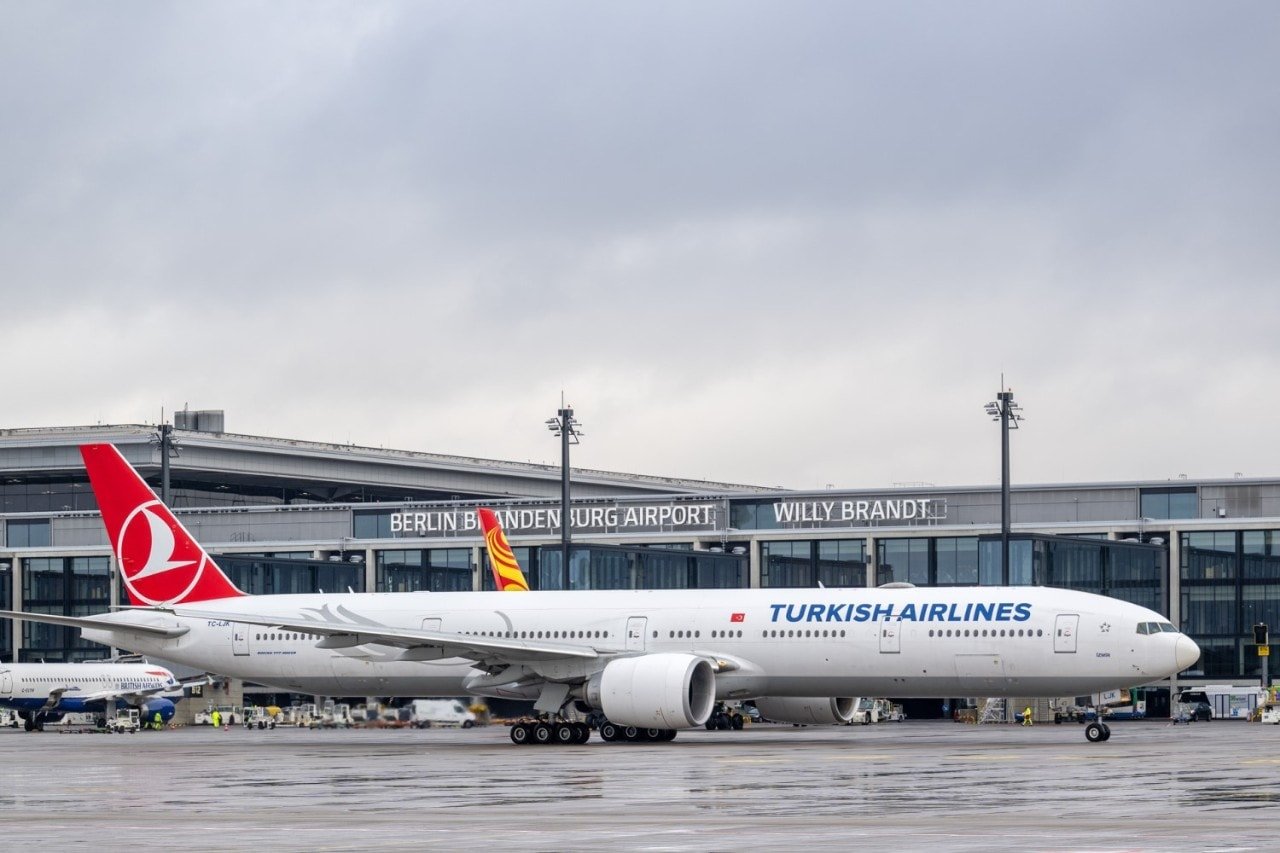
The common strategy of international airlines is to shift to competing on quality. Instead of just increasing frequency, airlines invest in products and services to attract high-value customers, which are growing rapidly in Vietnam. The growing middle class brings with it the need for premium experiences and personalized services.
Not only developing flight networks, airlines also build service ecosystems for Vietnamese passengers. Singapore Airlines integrates a 20% refund incentive (up to 3 million VND) when paying for tickets with VPBank cards for bills from 10 million VND. The airline also connects car rental and culinary services to create a complete experience before, during and after the flight. This approach shows that airlines do not consider Vietnam as a simple transit market but as a market that needs its own strategy.
The special attention of airlines reflects the fact that Vietnam is raising its position on the Asian aviation map, becoming an important transit point for tourism, trade and logistics. This also creates new competitive pressure for the domestic market, forcing Vietnamese businesses to raise service standards.
Service upgrade race
Along with network expansion, international airlines are racing to invest heavily in product quality and customer experience in Vietnam. The upgrades are taking place on two clear axes: Hardware (fleet - cabin) and service software.
Emirates is the airline with the strongest investment. According to the report for the first 6 months of the 2025-2026 financial year, the airline received 5 new Airbus A350 aircraft and refurbished 23 aircraft (6 A380 aircraft and 17 Boeing 777 aircraft) with a total value of 5 billion USD. The uniformity of cabin quality helps Vietnamese passengers experience the airline's new products on different aircraft lines. Currently, Emirates has served premium economy class between Dubai and 61 cities, providing a premium option for Vietnamese passengers who want to upgrade their experience but do not need to pay for business class.
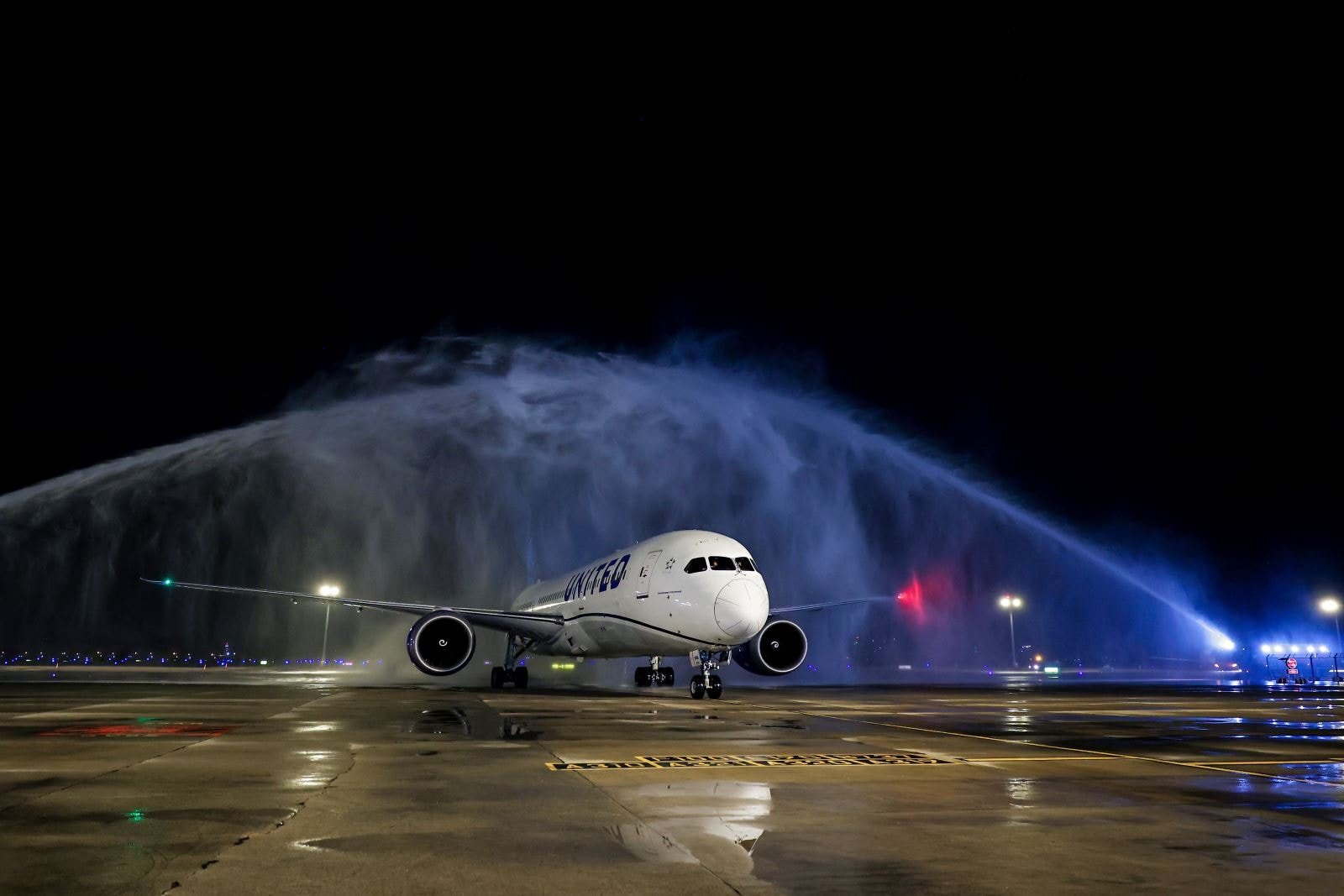
Singapore Airlines is rolling out a comprehensive upgrade of 41 Airbus A350-900 aircraft worth SGD 1.1 billion (USD 835 million). The first, business and premium economy classes of the A350-900ULR aircraft will be renewed from 2026 and completed by 2030. This is especially important for Vietnamese passengers flying to the US or Europe via Singapore - a group of customers willing to spend a lot.
In terms of soft services, Qatar Airways offers flexible ticket upgrade mechanisms, including 24/7 consultation, emergency upgrades close to flight time and payment support via relatives in Vietnam for customers abroad. After-sales services such as ticket changes, baggage, special meals, medical assistance or wheelchairs help the airline gain an advantage with business and elderly customers.
Korean Air and Singapore Airlines’ frequent flyer programs continue to attract Vietnamese frequent flyers internationally. Both airlines apply a clear mile upgrade policy, maintaining the value and exclusivity of premium seats.
On the operations side, Turkish Airlines partnered with TCS to implement automation in cargo handling according to IATA standards. The smooth ground process helps reduce flight delays, a key factor affecting the international passenger experience.
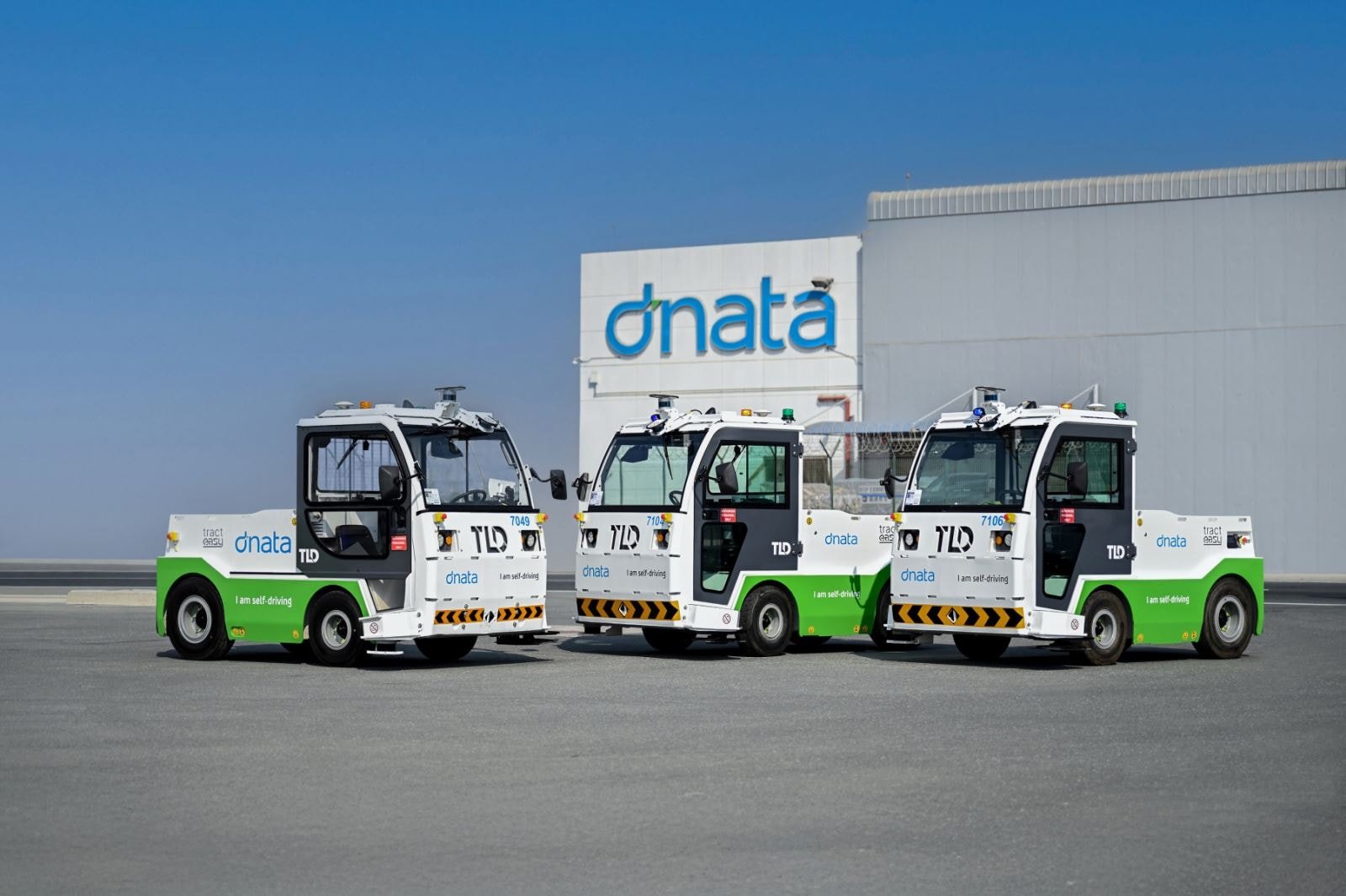
In addition, the sustainable development factor is also a plus point in the strategy of airlines. Emirates uses sustainable aviation fuel (SAF) at 37 airports and is a member of the Circular Aviation Alliance (ACC). This trend is suitable for young customers who are interested in environmentally friendly products.
The upcoming outlook shows that the Vietnamese market will continue to be a priority for international airlines. The race to upgrade cabins, flexibly provide services and integrate local amenities will set a new standard for the Vietnamese flying experience. With the momentum of tourism and infrastructure development, Vietnam is moving closer to becoming a leading aviation market in the region.
Source: https://baohaiphong.vn/viet-nam-tro-thanh-thi-truong-trong-diem-cua-cac-hang-hang-khong-quoc-te-526648.html





![[Photo] Unique art of painting Tuong masks](https://vphoto.vietnam.vn/thumb/1200x675/vietnam/resource/IMAGE/2025/11/14/1763094089301_ndo_br_1-jpg.webp)

![[Photo] Unique architecture of the deepest metro station in France](https://vphoto.vietnam.vn/thumb/1200x675/vietnam/resource/IMAGE/2025/11/14/1763107592365_ga-sau-nhat-nuoc-phap-duy-1-6403-jpg.webp)
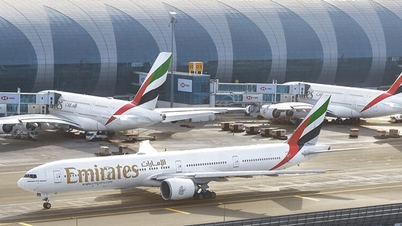



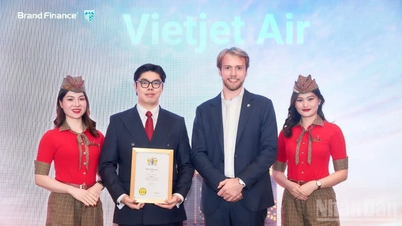

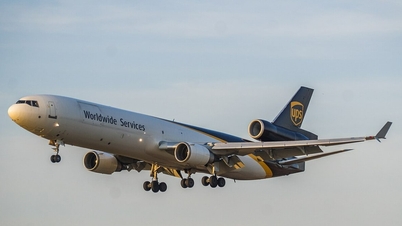

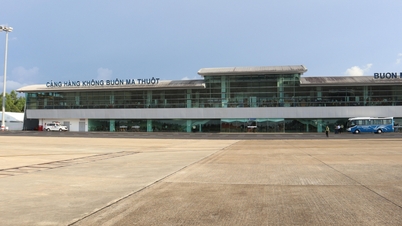

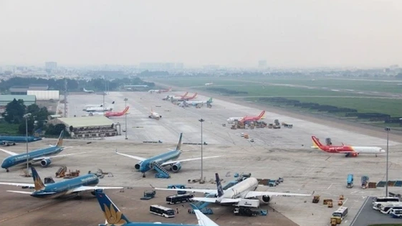

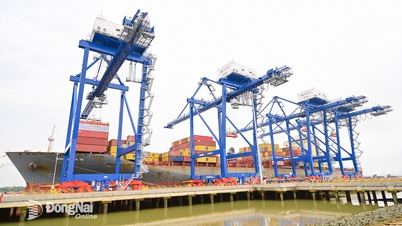

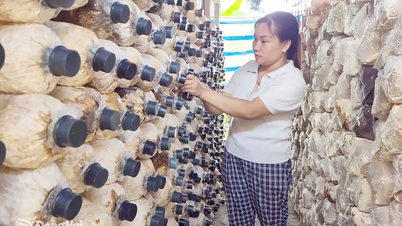



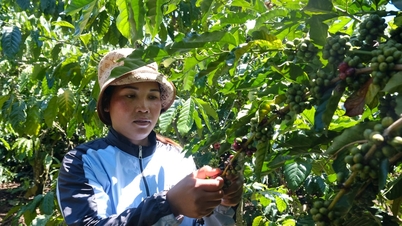
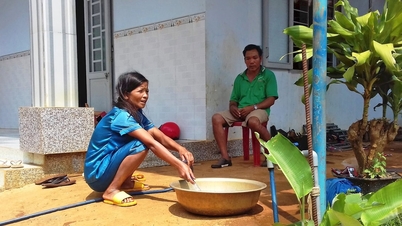




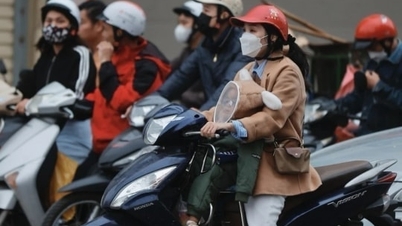




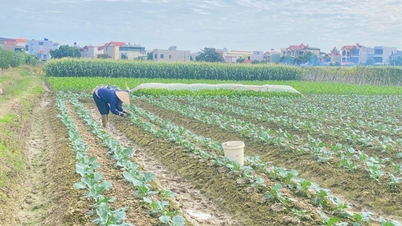
![[Photo] Special class in Tra Linh](https://vphoto.vietnam.vn/thumb/1200x675/vietnam/resource/IMAGE/2025/11/14/1763078485441_ndo_br_lop-hoc-7-jpg.webp)











































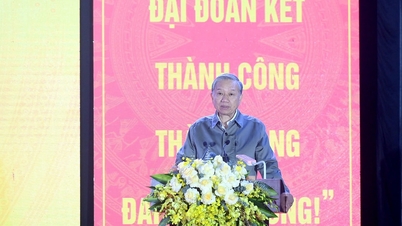



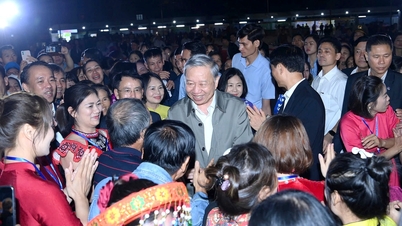
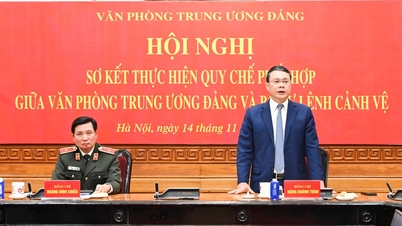


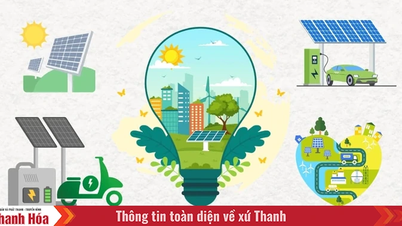

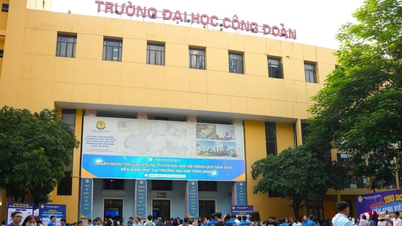




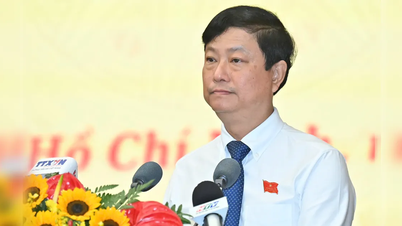












Comment (0)